First published on May 8, 2020 • Last updated on August 7, 2020
This page may contain affiliate links; if you purchase through them,
we may receive a small commission at no extra cost to you.
Imagine their surprise when they found two giant catfish waiting in their trap. One of them weighed 60lbs and the other 140lbs! As large as this sounds, however, Robert comments that the giant catfish sometimes exceeds 250lbs! He adds with a laugh that he caught a 50 pound Painted Catfish just last week.
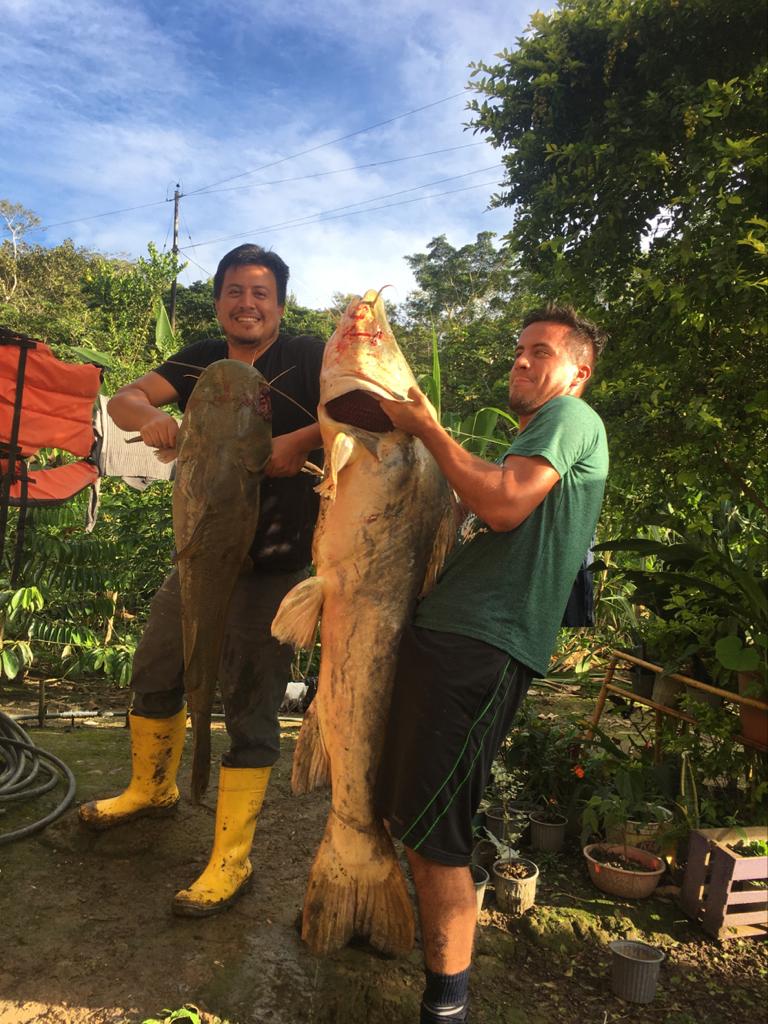
A Community in the Amazon Maintains Traditions
Robert used an effective and ancient technique of his community, the Mondaña. First, he catches small fish, like bocachicos, with a casting line. These serve as bait to catch larger fish. Next, he sets a trap by placing a hook with the small fish attached between two yutzo branches. These are shrubs that grow along the banks of the river. Their flexibility and resistance are useful, trapping a giant catfish even when it pulls strongly. The trap holds the fish until it is later collected by the fisherman.
As a society, we might believe that ancestral fishing techniques have been left in the past. However, some communities like Roberts still practice them, demonstrating their effectiveness, especially in times of quarantine when providing food is vital for survival.
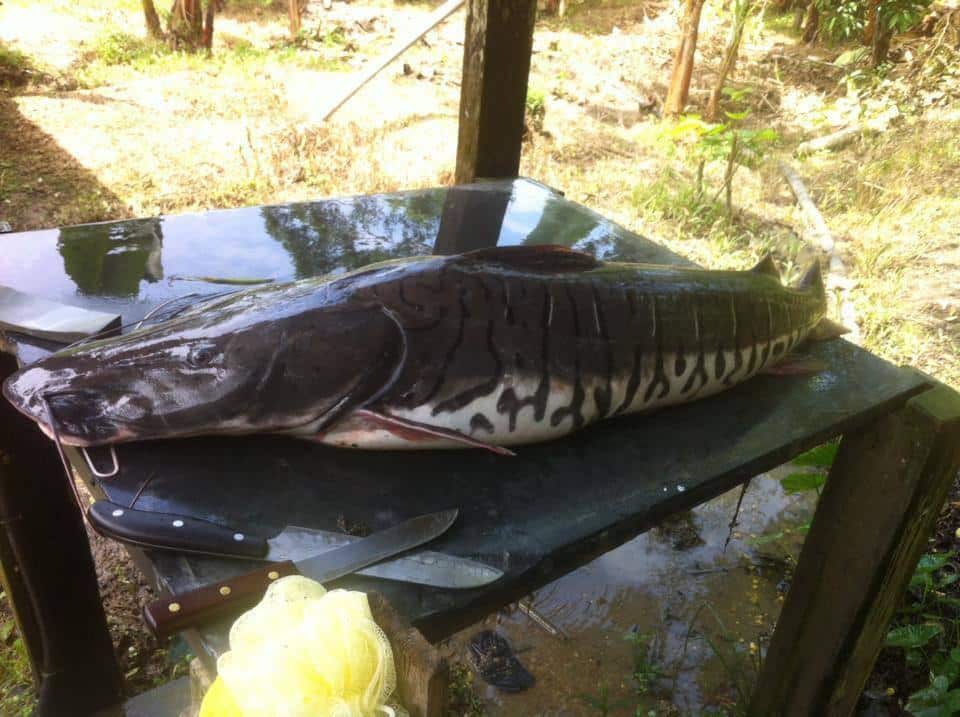
There Is No Replacement For Community Living
The Mondaña Community is one of those which maintains ancient traditions. Part of the Chonta Punta parish located in the Archidona Canton of the Napo Province in Northern Ecuador, this sector is characterized by its native tropical rain forest. As a consequence of its location, it is an excellent place to observe endemic species of the Amazon Basin like the giant catfish.
The Mondaña Community is a beautiful place where families and friends practice the customs and traditions of their ancestors. These include solidarity, sharing, and working together for a common good. Therefore, Robert, his brother, and friends shared their catch among all the members of the community, including close neighbors, family, and friends.

The community members consider themselves blessed to have been born in a paradise in which Kichwa is their mother tongue (which they speak proudly) and their rest is lulled by the sounds of nature. They enjoy picturesque landscapes from the arrival of the sun’s first rays to the celestial flash that dismisses it. They also enjoy the sounds of nature that announce better days to come.
The Pacha Mama or Mother Earth lives in balance when its members seek it, intentionally searching for inner peace. For this and other reasons, its members affirm that there could be no better home for their children. They hope to pass on the same love, passion, and care for the flora and fauna of the beautiful Amazon to their offspring.
Who Is Robert Granja?
Robert Paul Granja Yánez is a proud member of the Mondaña Commune where he works as a local guide. Born in Ecuador on September 30, 1990, Robert has a long history working for the improvement of his community.
For example, at only 14 years of age, he attended a climate change conference in England. His passion for conservation and protection of his community’s special ecosystem then won him a scholarship to study English in Pennsylvania when he was 18 years old.
At the university, he specialized in Ecological Tourism and Sustainable Development.
His work as a naturalist guide generated a relationship with sustainable education projects in Tanzania and Nicaragua, with the sole objective of learning more about sustainable education. He used this knowledge and experience when working as the operations manager of an international NGO with headquarters in the Ecuadorian Amazon.
Today, he is a spokesperson for the Yachana Foundation, which supported his initial training in the field of ecology and sustainability.
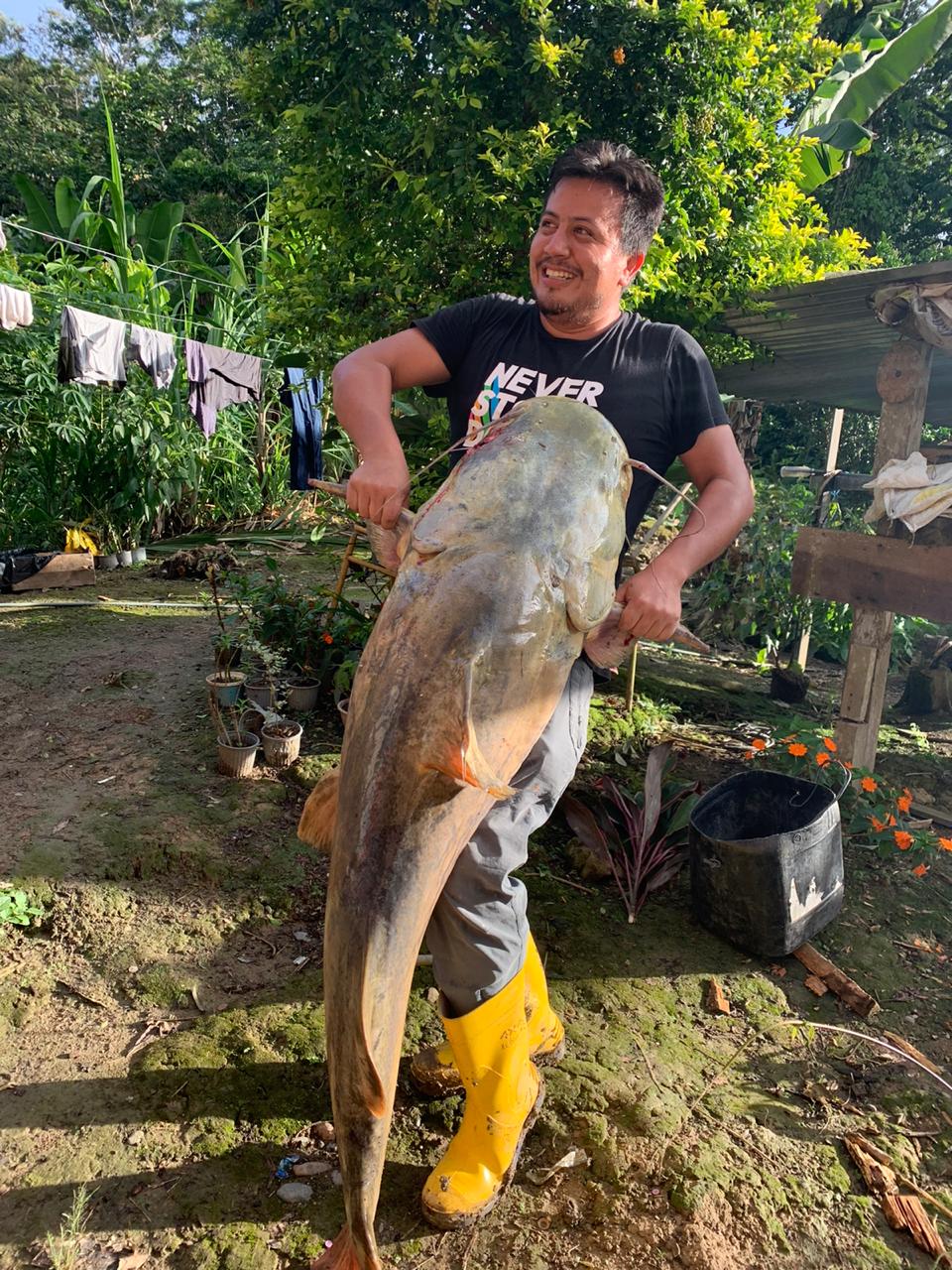
Would you like to travel with me and experience the Ecuadorian Amazon in the flesh? Let me know in the comments below!

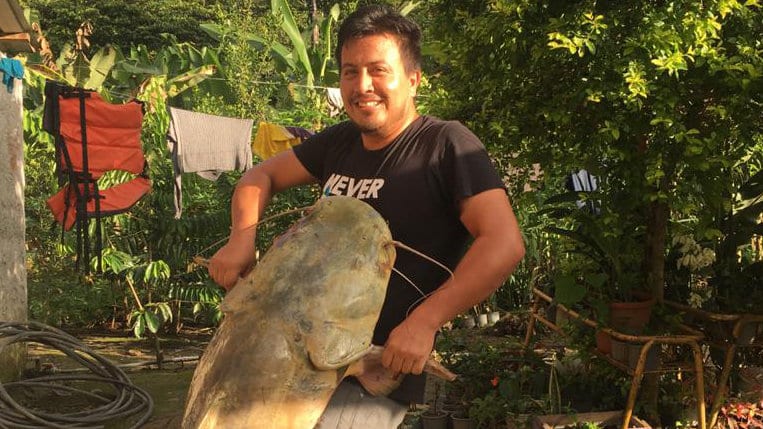


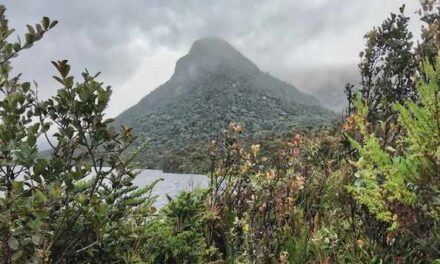
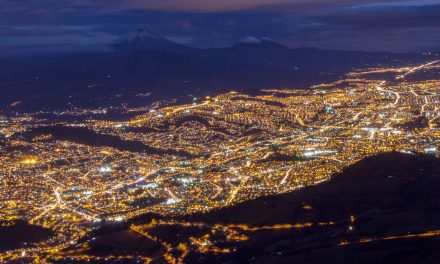
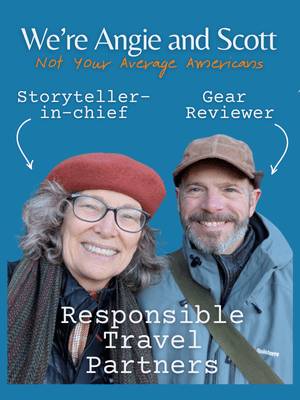
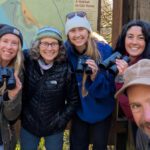
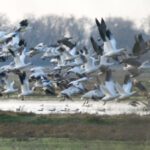
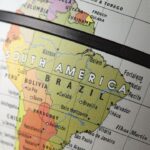
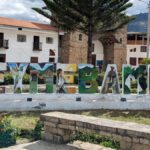
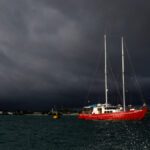
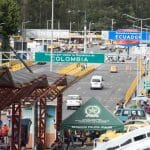

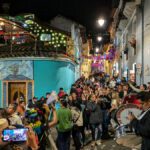
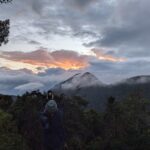







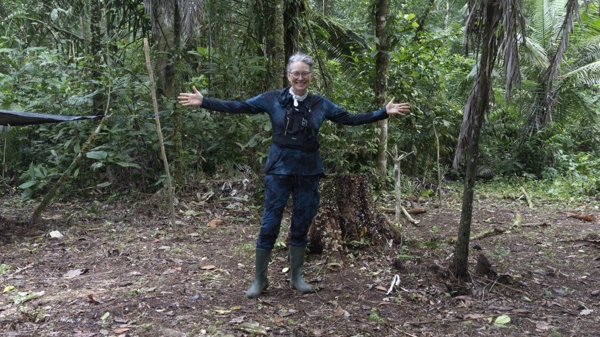
When we lived in Ecuador, I had heard of a giant fish called a bagre in the Oriente. I had no clue that it was a type of catfish! It’s huge! Thanks for writing this article and helping me learn a little more about this very special place in Ecuador!
Dear, Angie,
You are right, this type of catfish is huge, but remember you can find bigger catfishes, over the 250 pounds, at your return to Ecuador this experience will be waiting for you and the great opportunity to learn more about this unique place in Ecuador!
Best regards,
Jacquie